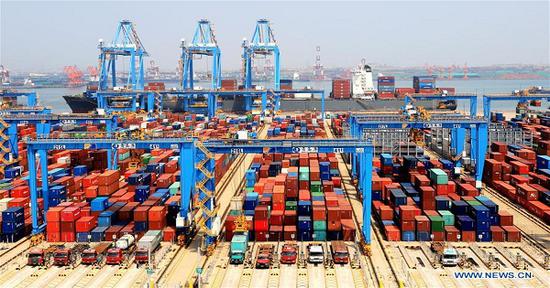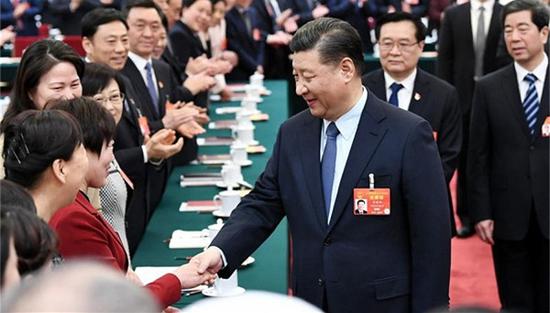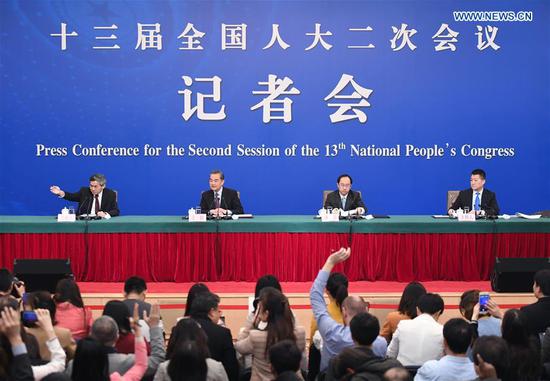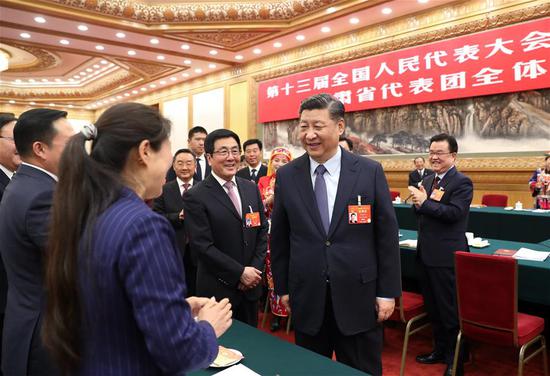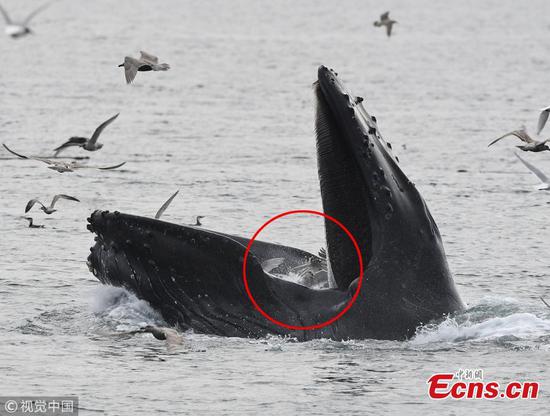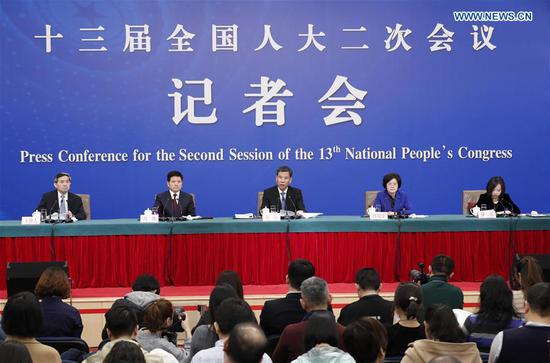RROUTES TO BREXIT DELAY
Alongside Theresa May's attempts to rally support for her Brexit deal, a voting calendar has been set by her government to soothe divisions within the British conservative party and script how decisions will be made leading up to March 29.
The government has committed to putting the withdrawal agreement to a vote in the House of Commons by March 12, with whatever final concessions May is able to receive from the EU. Having lost her original attempt in January by 230 votes, and not having come back to Westminster with significant changes or assurances on the Northern Irish "backstop", the British PM might be snubbed again.
If the deal is rejected by MPs, they will have the opportunity to vote by March 13 on whether they would accept a no-deal Brexit. Given the wide negative publicity of consequences associated with no-deal Brexit, it is also considered to be unpopular.
If a no-deal Brexit is rejected, MPs will be able to vote by March 14 on whether Britain should attempt to negotiate a delay of Brexit, though not on the extend of that time period. May has already said that any extension should be a one-off, and no longer than until the end of June, a prospect she has stated is not her preference.
European Council President Donald Tusk said in February that "an extension would be a rational solution," but European leaders are looking for good reason.
French President Emmanuel Macron has already indicated that an extension needed justification. The French Minister for Europe Nathalie Loiseau reiterated her president's stance Thursday in London, telling journalists "A short extension: why not, if there is a good and credible reason."
European Parliament President Antonio Tajani did not think that Brexit could be delayed by more than "a maximum of several weeks". He said in an interview published Saturday with Germany's Funke group of newspapers that London would have to justify an extension, such as wanting time to hold new elections or a new referendum.
The European Parliament president expressed a common position in Europe, however, that the responsibility for what happened next remained with Britain. "They've decided to leave - it's their problem, not ours," Tajani said.










